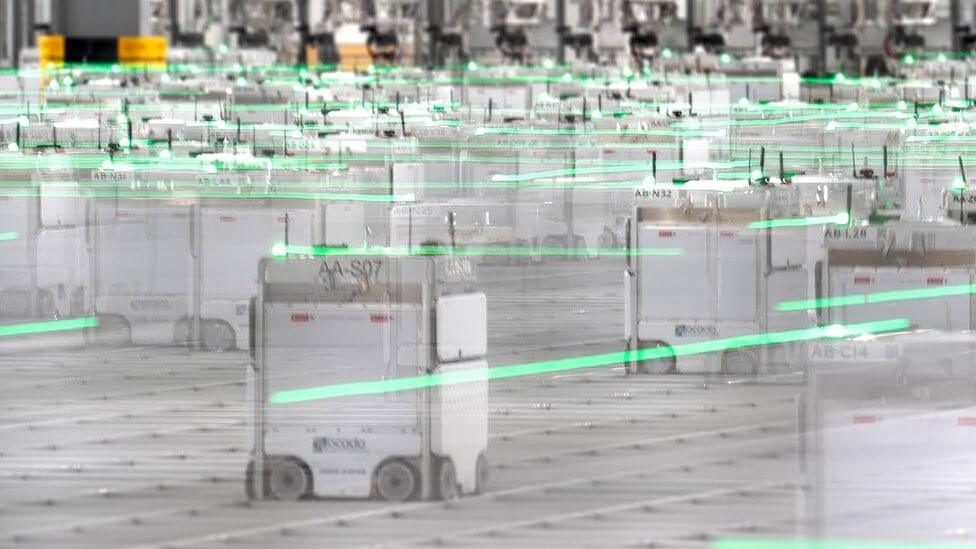
The task of quickly and efficiently packing a bag of groceries of different sizes and shapes without crushing anything is simple and intuitive for humans, albeit is still an in-progress ability for robots.
It incorporates different skills, such as computer vision, flexibility and robustness of robotic arms and advanced artificial intelligence in order to possess the ability to determine the order and position of packaging the products. Such a matter is tackled by the company Ocado Technology in the warehouses that handle online orders. The company has a sophisticated warehouse in Erith in east London, which is already highly automated.
Hundreds of robots move quickly around a grid, collecting groceries and bringing them to a member of staff who will pack them into boxes, which are then loaded on to trucks for delivery.
Ocado is paying $262m (£198m) for Kindred Systems, a San Francisco-based firm that makes robotic sorting systems that is used in sorting clothes. In addition, it is buying Las Vegas-based Haddington Dynamics for $25m (£19m) which makes lighter-weight, and highly sensitive robotic arms.
James Matthews, the chief executive of Ocado Technology, believes that this technology can be adapted and developed for the grocery sector. “The two systems, we now intend to bring together. It will have some of our machine learning models that is very specific to grocery problems, and it will have some aspects of the Kindred platform that they’ve gone much deeper on.” To explain, Kindred is more advanced on tele-operation, or supervised autonomy, which is where humans monitor and control multiple robots remotely.
Thus, over the next year Ocado will be training the artificial intelligence used by Kindred, on grocery products. The company hopes to have a robot that can replace human pickers within two or three years, but people will not be completely replaced.
“I think we are going to see an acceleration of the deployment of automation in the next three to five years. And so that’s going to take a big bite out of those manual tasks. But I suspect in 10 years, there’s still going to be a sizable portion of activities that are human led,” says Mr Matthews.
